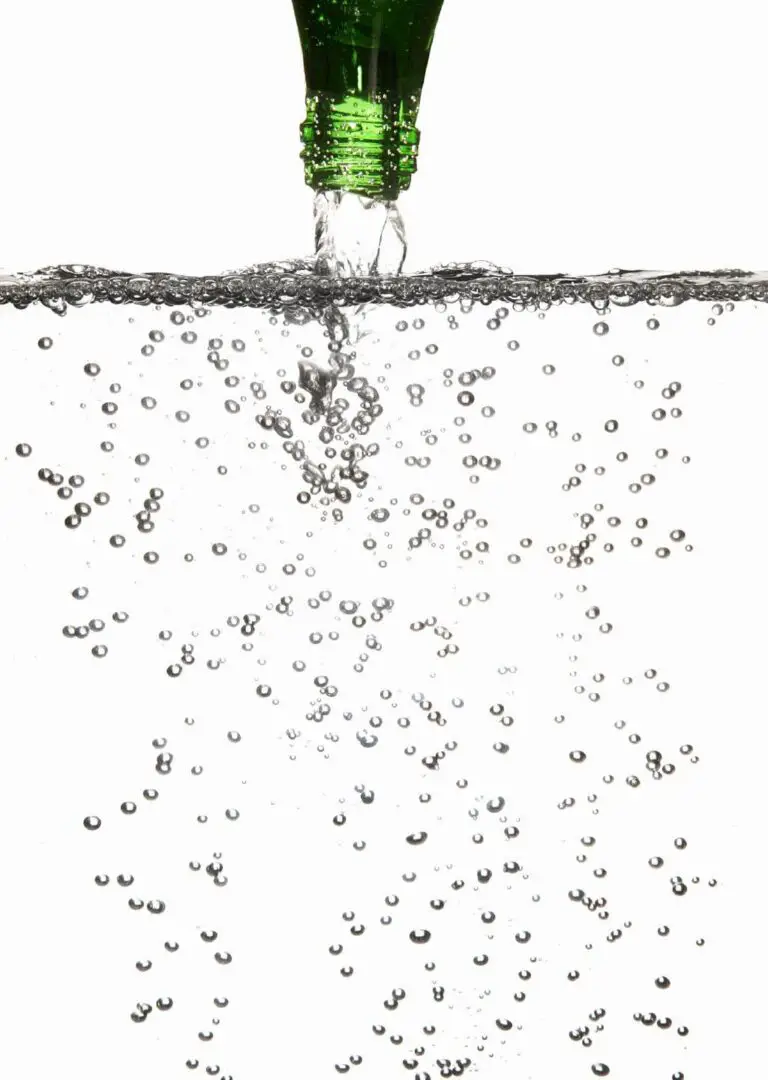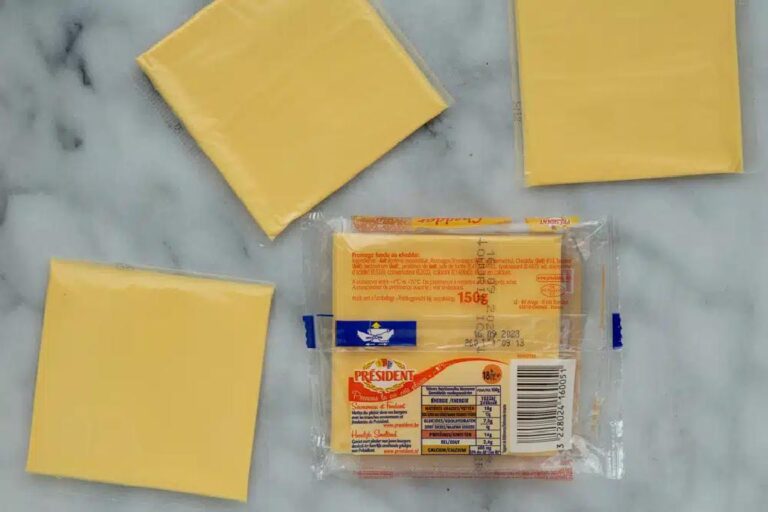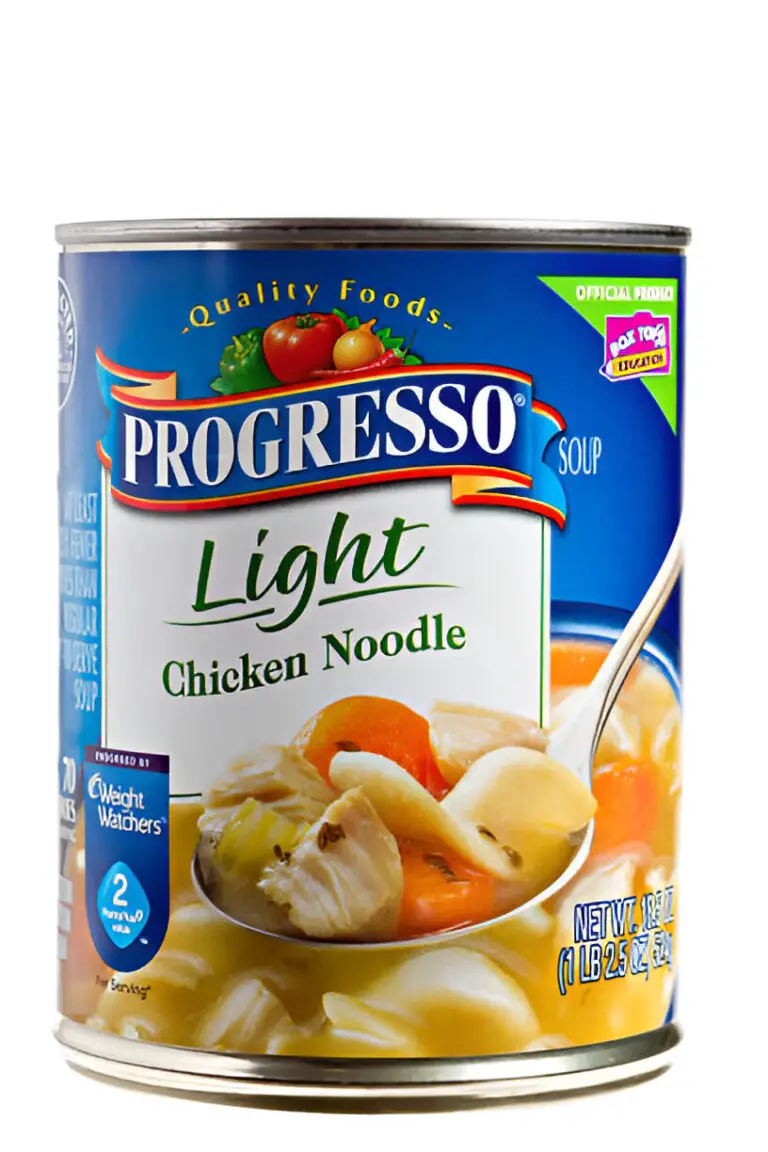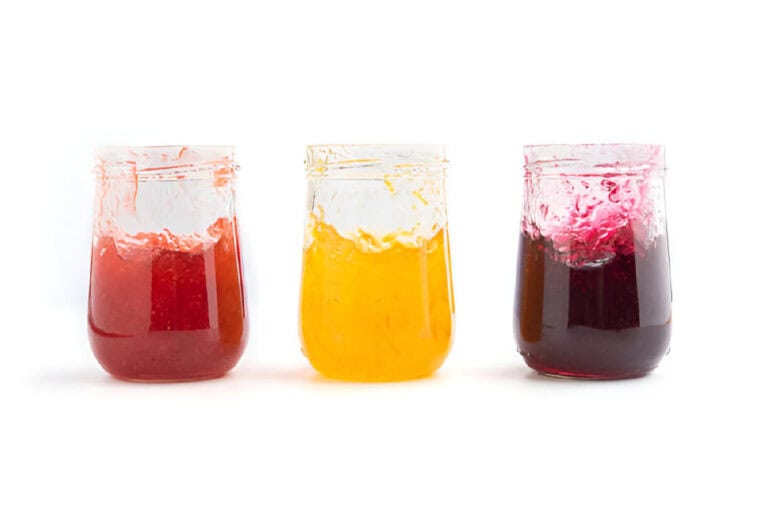Can You Eat Expired Hard or Soft Taco Shells? (Do They Go Bad?)
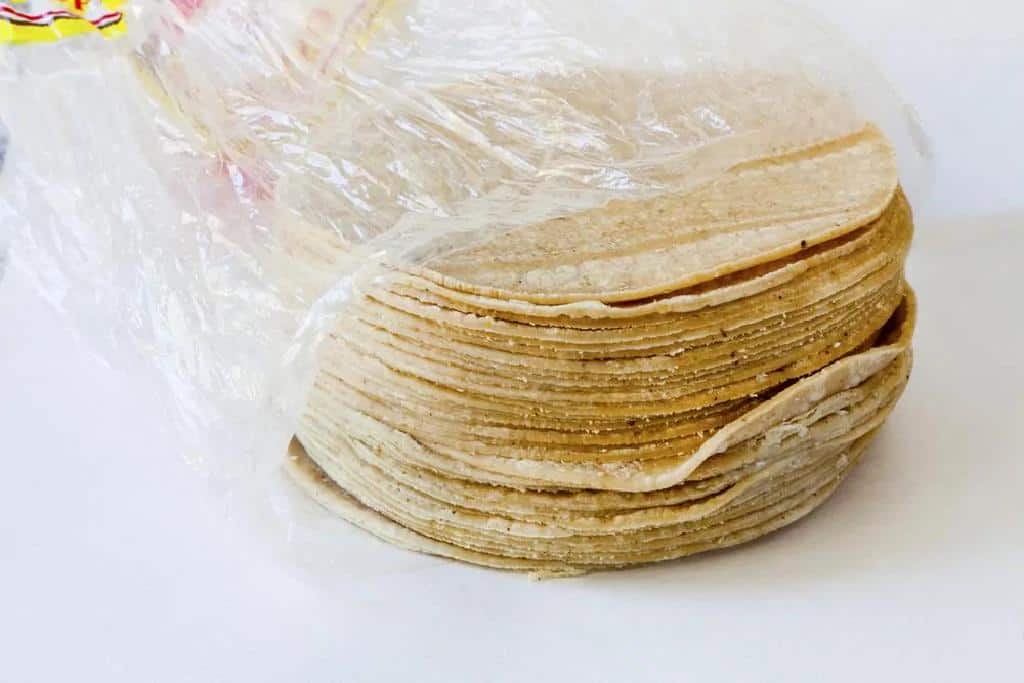
Tacos are a popular and versatile meal that can be enjoyed in a variety of ways. From hard-shelled tacos filled with ground beef and cheese to soft-shelled tacos filled with fish or veggies, there are endless options to suit every taste.
Taco shells, like other packaged foods, have a shelf life and will eventually go bad. The exact length of time that taco shells will remain fresh depends on the type of shells and how they are stored.
But what happens when the taco shells themselves go bad? Can you eat expired hard or soft taco shells, and are there any risks associated with doing so?
This article will answer these questions and more. We’ll take a look at whether it’s safe to eat expired hard or soft taco shells. We will explore the signs that taco shells should no longer be eaten and provide tips on how to correctly store them.
What Are Taco Shells?
Taco shells are a type of edible container that is typically used to hold the fillings in a taco. Taco shells are typically made from corn or wheat flour and can be either hard or soft.
Hard taco shells are fried until they are crispy and crunchy, while soft taco shells are made from flour or corn tortillas that are steamed or heated until they are pliable.
Taco shells come in a variety of sizes and shapes and can be filled with a wide range of ingredients. Common fillings for tacos include ground beef, chicken, fish, beans, cheese, lettuce, tomatoes, and avocado. Tacos can be served with a variety of toppings and condiments, such as salsa, guacamole, sour cream, and hot sauce.
Taco Shells’ Shelf Life
Hard and soft taco shells are made up of several ingredients, like wheat flour, corn starch, oil or shortening, water, salt, and preservatives. The combination of these ingredients creates a protective barrier that prevents spoilage.
Generally speaking, the shelf life for most brands is around 3–6 months if stored in a cool, dry place. After that time, they might still be edible, but they might not have the same taste or texture.
If you plan to use the shells within two weeks of buying them, the best way to store them is in an airtight container at room temperature. This will keep them fresh without affecting the taste or quality.
Hard Taco Shells May Be Less Likely To Spoil Than Soft Taco Shells
Hard taco shells are typically made from corn or wheat flour and are fried at high temperatures until they are crispy and crunchy. This cooking process helps preserve the taco shells and makes them less likely to spoil.
In contrast, soft taco shells are typically made from flour or corn tortillas that are steamed or heated until they are pliable. Because they are not cooked as long or at as high a temperature as hard taco shells, they are more susceptible to bacterial growth and spoilage.
Another factor that contributes to the shelf life of taco shells is the packaging. Hard taco shells are often sold in airtight packaging that helps to keep them fresh and prevent spoilage.
Soft taco shells, on the other hand, may be sold in less protective packaging, which can allow bacteria and other contaminants to come into contact with the shells. This can cause the shells to spoil more quickly.
In addition to being less likely to spoil, hard taco shells also have a longer shelf life than soft taco shells. This means that they can be stored for longer periods of time without losing their flavor or texture. This makes them a convenient option for those who want to have taco shells on hand for quick and easy meals.
Therefore, if you want to keep your taco shells longer, you should choose hard taco shells. They may be less likely to spoil than soft taco shells due to their cooking method, packaging, and longer shelf life.
While both types of taco shells can be a tasty and convenient option, it is important to check the expiration date and avoid eating expired shells for safety reasons.
Can You Eat Expired Hard or Soft Taco Shells?
It is generally not safe to eat expired taco shells. Taco shells, like other packaged foods, have a shelf life and will eventually go bad.
The exact length of time that taco shells will remain fresh depends on the type of taco shell and how they are stored. Hard taco shells, for example, may have a longer shelf life than soft taco shells.
When taco shells expire, they may become stale, lose their flavor, and develop an off-putting odor.
In addition, the expiration date on taco shells is not a guarantee of safety. Bacteria and other contaminants can grow on taco shells, even if they have not yet reached their expiration date.
| If you eat taco shells that are old or have been tainted, you could get food poisoning, which can cause nausea, vomiting, and diarrhea. |
To avoid the risks of eating taco shells that are past their expiration date, it is important to check the packaging and throw away any taco shells that are past their expiration date.
To keep them from going bad, it’s also important to store taco shells the right way and use them right away after opening the package. In general, it is best to err on the side of caution and avoid eating expired taco shells.
Signs of Spoiled Taco Shells
There are several signs that taco shells may be spoiled and should not be eaten. These signs include:
- An off-putting odor: Fresh taco shells should have a mild, slightly nutty aroma. If the shells have an unpleasant smell, this may be a sign that they have spoiled.
- A change in texture: Fresh taco shells should be crisp and crunchy. If the shells are soft, soggy, or stale, this may be a sign that they have spoiled.
- Mold growth: If mold is visible on the taco shells, this is a clear sign that they have spoiled and should not be eaten.
- An expired expiration date: Taco shells, like other packaged foods, have a shelf life and will eventually go bad. The expiration date on the packaging is an estimate of how long the shells will remain fresh. If the shells have passed their expiration date, they should be discarded.
In general, it is best to avoid eating taco shells that exhibit any of these signs of spoilage. If you eat spoiled taco shells, you could get food poisoning, which can cause nausea, vomiting, and diarrhea, among other things.
How to Store Taco Shells to Increase Shelf Life
To extend the shelf life of taco shells and keep them fresh and tasty, it is important to store them properly. Here are some tips for storing taco shells to help them stay fresh for as long as possible:
- Store taco shells in a cool, dry place. The ideal storage temperature for taco shells is between 50 and 70 degrees Fahrenheit. Avoid storing them in damp or humid areas, as this can cause the shells to become soggy and spoil more quickly.
- Keep taco shells in their original packaging. Taco shells are often sold in airtight packaging that helps to keep them fresh. To preserve the shells for as long as possible, it is best to keep them in their original packaging.
- Avoid storing taco shells near strong odors. Taco shells can absorb odors from other foods, which can affect their flavor and freshness. To prevent this, avoid storing taco shells near strong-smelling foods such as onions or garlic.
- Use taco shells promptly after opening the package. Once the package of taco shells has been opened, it is best to use the shells promptly to prevent spoilage. If you are not planning to use all of the shells at once, transfer them to an airtight container and store them in the refrigerator or freezer.
Conclusion
Tacos are a household staple, but with so many taco shell options, it’s difficult to know which one will last the longest. Hard taco shells may be the superior choice when it comes to longevity and freshness.
When compared to soft taco shells, hard taco shells are less likely to spoil due to their natural properties. Hard tacos are usually made of dried corn or flour tortillas that have been deep-fried until they are crisp and crunchy.
This process helps preserve them for longer periods of time without any preservatives or chemicals. Also, hard tacos stay dry because they don’t soak up water like soft tacos do. This extra layer of protection keeps bacteria and other unwanted things out.

